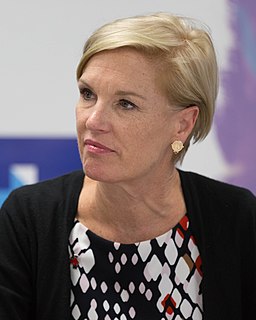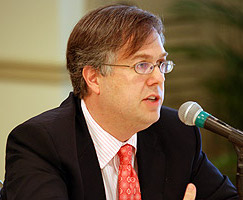A Quote by Sharad Pawar
I had quit the Congress to form the Progressive Democratic Front in 1978.
Quote Topics
Related Quotes
I think, from a progressive point of view, to have a Democratic Congress and a Democratic White House, and to have spent the time on Obamacare, which had real benefits, 20 million insured, but not on inequality, was a major cost to the Democratic Party, costing them their majorities, but also a bit of a cost to the country, because it didn't address the fundamental issues that led to Donald Trump and that led to a lot of unhappiness, just the continued widening inequality.
I've heard [Bernie] Sanders comments, and it's really caused me to wonder who's left in the progressive wing of the Democratic Party. Under his definition, [Barack] Obama is not progressive because he took donations from Wall Street; [Joe] Biden is not progressive because she supported Keystone; [Jeanne] Shaheen is not progressive because she supports the trade pact. Even the late, great Paul Wellstone would not fit this definition because he voted for DOMA.
The Republican Party has become more conservative. The Democratic Party has become marginally more liberal. There's almost no overlap in the middle, ideological overlap, in either house of Congress. That leaves moderates homeless. We have had a hollowing out of the middle in the U.S. Congress. There's less opportunity for compromise.
































